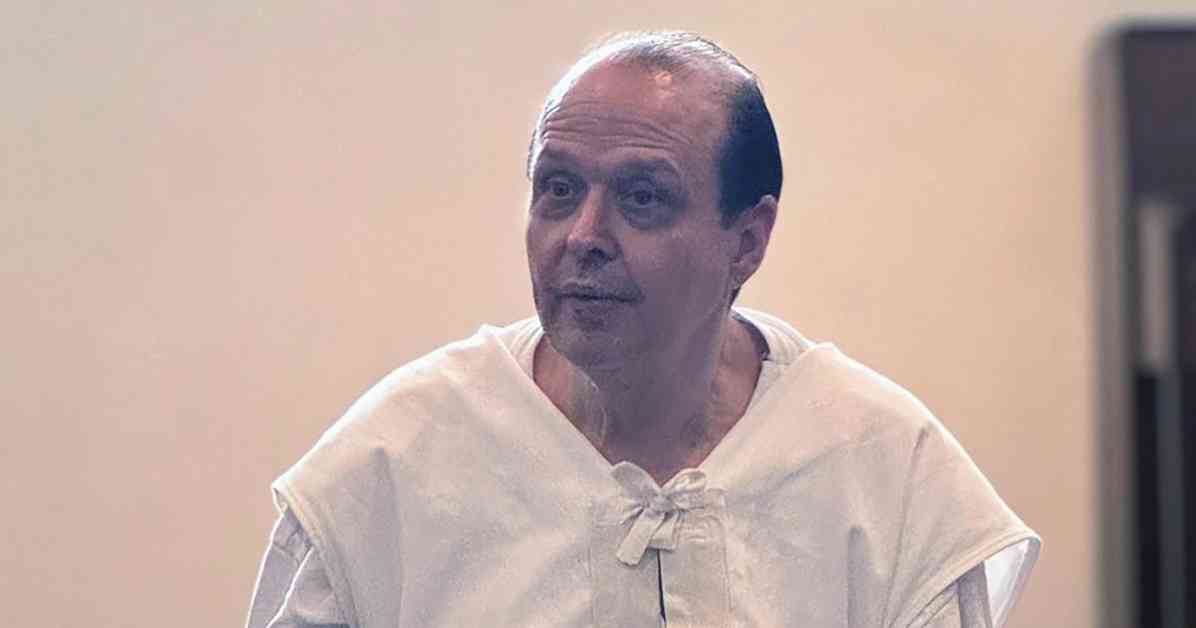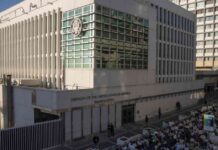Texas lawmakers were supposed to hear from Robert Roberson, a man on death row, at the state Capitol. However, he did not appear because the Attorney General’s office refused to let him testify in person due to security concerns. The legislature also declined to have him testify virtually because of his autism and lack of familiarity with modern technology after being in prison for over 20 years. The House Criminal Jurisprudence Committee is working to allow Roberson to testify at a later date.
Roberson was scheduled for execution for the murder of his 2-year-old daughter, but doubts about his guilt arose due to advancements in scientific understanding of shaken baby syndrome, the condition he was convicted of. While there is evidence of his guilt outside of the syndrome, the lead investigator on the case has admitted to errors and proclaimed Roberson’s innocence.
Anti-death penalty advocates protested outside the prison where Roberson was supposed to be executed, and a judge granted a temporary restraining order to allow him to testify before lawmakers. This came after the Board of Pardons and Paroles denied his clemency request, making it difficult for the governor to intervene. The Texas Supreme Court eventually halted the execution to allow for a civil appeal.
The case has raised questions about the use of scientific evidence in criminal convictions and the authority of different branches of government in the legal process. If Roberson’s execution proceeds, he would be the first person in the U.S. to be put to death for a conviction related to shaken baby syndrome.
Stay tuned for updates on this developing story as lawmakers and legal experts continue to navigate the complexities of this case.









